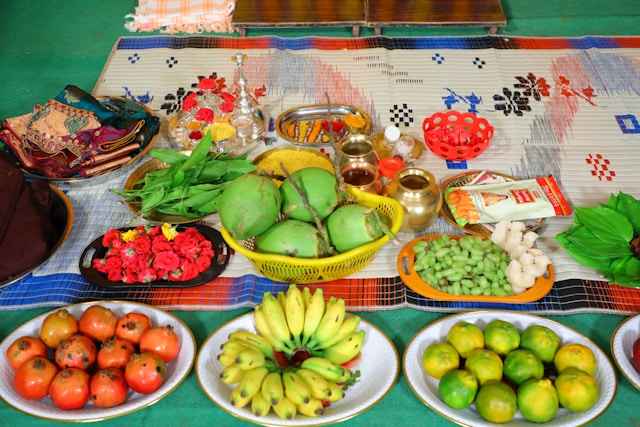Eating well during pregnancy is one of the most important things an expectant mother can do for herself and her baby. The food you eat provides the nutrients your growing baby needs to develop properly, while also keeping you strong and healthy throughout the journey.
Here’s a detailed guide to the best nutrition for pregnant women, including essential foods, nutrients, and meal tips to support a healthy pregnancy.
1. Eat a Balanced Diet
Pregnant women need a well-balanced diet that includes:
- Fruits and Vegetables: Rich in vitamins, fiber, and antioxidants.
- Whole Grains: Like brown rice, oats, and whole wheat bread for energy and fiber.
- Proteins: From lean meat, poultry, fish, eggs, beans, and nuts.
- Dairy: For calcium and vitamin D (milk, yogurt, cheese).
- Healthy Fats: Such as avocado, olive oil, and nuts.
2. Increase Iron Intake
Iron helps in the formation of red blood cells and prevents anemia, which is common in pregnancy. Eat iron-rich foods like:
- Spinach and leafy greens
- Lean red meat
- Beans and lentils
- Iron-fortified cereals
Tip: Combine iron-rich foods with vitamin C (like orange juice) to improve absorption.
3. Get Enough Folic Acid
Folic acid helps prevent birth defects, especially in the baby’s brain and spine. It’s crucial in the first trimester. Sources include:
- Fortified cereals
- Leafy green vegetables
- Oranges
- Beans and peas
Doctors also recommend folic acid supplements—talk to your healthcare provider.
4. Include Calcium-Rich Foods
Calcium supports the baby’s bones and teeth. If you don’t get enough, the baby will draw it from your bones. Good sources are:
- Milk and yogurt
- Cheese
- Tofu
- Broccoli
- Calcium-fortified orange juice
5. Stay Hydrated
Water is essential during pregnancy. It helps carry nutrients, supports digestion, and prevents constipation. Aim for at least 8–10 glasses of water daily.
Pro Tip: Add lemon or cucumber slices to your water for flavor and extra nutrients.
6. Eat Healthy Snacks
Pregnant women often feel hungry between meals. Choose healthy snacks like:
- Fruit smoothies
- Whole grain crackers with peanut butter
- Greek yogurt
- Fresh fruits like bananas, apples, or oranges
7. Omega-3 Fatty Acids are Important
Omega-3 helps brain and eye development in babies. Include:
- Fatty fish like salmon (2–3 times a week)
- Chia seeds and flaxseeds
- Walnuts
Note: Avoid high-mercury fish like swordfish and shark.
8. Limit Unhealthy Foods
Try to avoid or limit foods high in sugar, saturated fats, and sodium such as:
- Soft drinks and sugary snacks
- Deep-fried foods
- Highly processed fast food
9. Avoid These Foods Completely
Certain foods are unsafe during pregnancy and should be avoided:
- Unpasteurized milk and cheeses
- Raw or undercooked eggs and meats
- Alcohol
- Excess caffeine (limit to under 200 mg/day)
10. Take Prenatal Vitamins
Even with a healthy diet, prenatal vitamins help ensure you’re getting enough essential nutrients like folic acid, iron, and DHA. Consult your doctor for the best supplement for your needs.
Final Thoughts
Eating right during pregnancy doesn’t mean eating for two—it means eating smart. Prioritize nutrients that support your baby’s development and your overall health. Stay hydrated, choose natural and whole foods, and avoid risky items. With the right nutrition, you’re already giving your baby the best start in life.
Remember: Always talk to a healthcare professional before making significant dietary changes or starting supplements.

